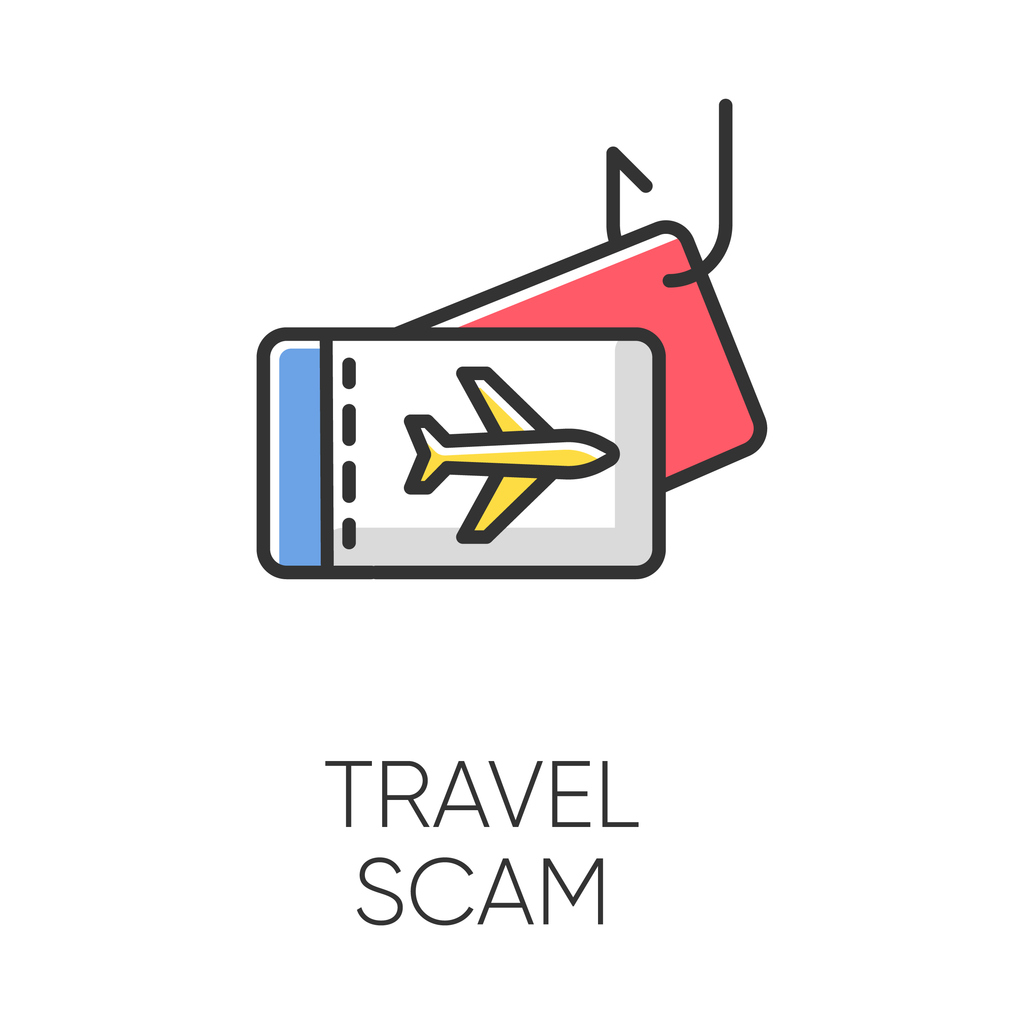It is a staple of the season: sunburned arms clutching suitcases, a burst of hope as the plane levels out, passports and plans scattering like confetti on social media feeds. Summer belongs to the traveler, and, increasingly, to the con artist.
In June of 2024, Booking.com’s Chief Information Security Officer, Marnie Wilking, sounded an alarm: travel-related scams have skyrocketed between 500% and 900% in just the past year and a half, fueled by e-mails that look, for all intents and purposes, utterly convincing. The digital con artists have a new accomplice: ChatGPT.
Where old phishing e-mails were riddled with comic misspellings and grammatical misadventures, today’s digital deceits are as polished as any corporation’s marketing. Generative AI has democratized professionalism. You might be searching for a Parisian hideaway or a Florida bungalow when a friendly, perfectly plausible e-mail pops up: one click, and your vacation savings vanish into the ether.
The scheme itself is simple. Fraudsters, posing as vacation rental hosts, populate legitimate sites like Booking.com and Airbnb.com with listings for homes that do not exist. The rates are great; the terms: time-sensitive. Those who bite quickly find themselves at the mercy of “hosts” who demand extra fees and, inevitably, disappear. It’s not a new technique, but what has changed is the sophistication and scale of the ruse.
Why, after years of warnings, are we still falling for this? Because the tools have changed. AI has scrubbed scams clean of their fingerprints, so the emails have become more convincing.
What, then, is a traveler to do, besides stay home? Judicious skepticism remains the first line of defense. If a deal promises too much, assume it delivers nothing. Bookings should be made through established platforms, and every listing scrutinized for traces of authenticity: verified reviews, consistent contact information, a footprint on the web that is neither too perfect nor too sparse.
A few habits can help secure a memorable journey over a regrettable one:
Use Multi-Factor Authentication (MFA) wherever possible.
Adding an extra layer of protection, such as a code sent to your phone, makes it significantly harder for scammers to access your accounts with stolen credentials.
Never click links in unsolicited emails.
If a message arrives flaunting an extraordinary deal, resist. Visit the company’s official website directly and search for the offer. If it isn’t there, it probably isn’t real.
Scrutinize the legitimacy of every listing.
Confirm that reviews are authentic and plentiful, and that contact information is verifiable. Has anyone you trust stayed there before? The more established a property’s track record, the less chance it’s a trap.
Prioritize credit cards over debit cards for travel purchases.
A credit card offers layers of consumer protection and recourse that a debit card directly tied to your checking account simply does not.
As you look forward to your summer getaway, remember that staying cautious online is just as important as packing sunscreen. Trust your instincts, double-check every deal, and don’t let the excitement of a bargain cloud your judgment. Safe travel starts with smart choices — and a little skepticism can go a long way. To keep your network secure, call us at 844-462-4625 or book a demo with our experts!












